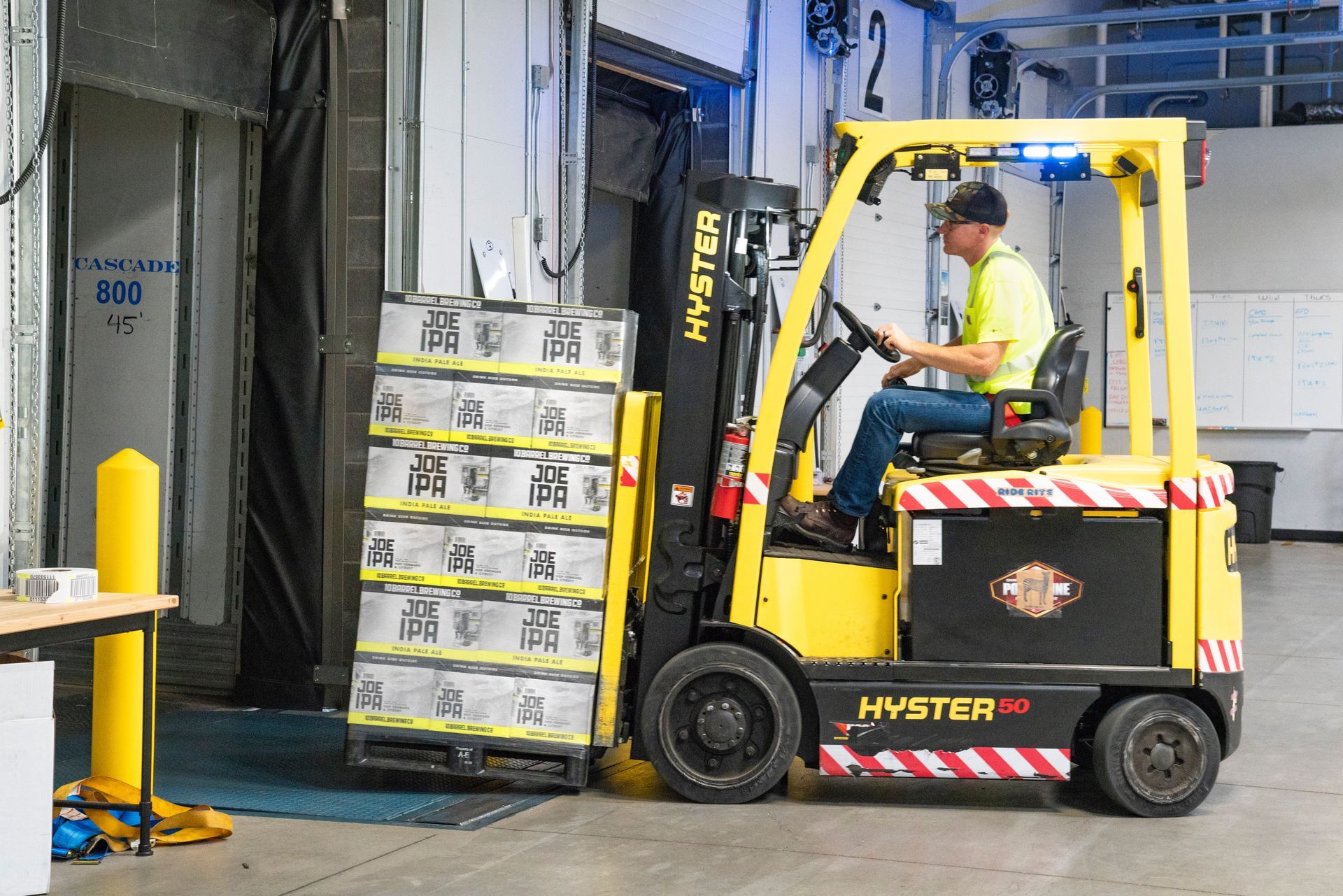Embracing Flexibility: Empowering Blue-Collar Workers with Flexible Working Arrangements

Post COVID, the concept of flexible working arrangements has gained momentum across various industries. While traditionally associated with white-collar jobs, the benefits of flexible work extend beyond office environments. In the blue-collar space, where industries rely heavily on physical labour, embracing flexibility can lead to increased job satisfaction, improved work-life balance, strong retention and enhanced productivity.
Understanding the Blue-Collar Workforce
Blue-collar workers play a crucial role in industries such as construction, logistics, manufacturing, warehousing, agriculture, and transportation. They often work long hours, performing physically demanding tasks that require specific skills and expertise. Historically, these roles have been characterised by fixed schedules, strict work hours, excessive overtime, and limited opportunities for work-life balance. However, recognising the importance of a flexible approach can revolutionise how blue-collar jobs are perceived and experienced.
Embracing Shift Flexibility
One of the primary ways clients can offer flexibility to blue-collar workers is by implementing shift flexibility. Instead of adhering strictly to the traditional 9-to-5 workday, employers can introduce staggered shifts, job-sharing, or part-time arrangements. This flexibility empowers workers to choose shifts that align with their personal needs and obligations, enhancing job satisfaction and productivity.
Compressed Workweeks
Offering compressed workweeks is another effective method to introduce flexibility. By allowing employees to work longer hours in fewer days, such as four 10-hour shifts instead of five 8-hour shifts, clients can provide extended weekends and promote a better work-life balance for their blue-collar workforce.
Family-Friendly Policies
Recognising the importance of family and personal responsibilities is crucial for fostering a positive work environment. Clients can implement family-friendly policies such as paid parental leave, flexible leave options, and childcare support. These policies demonstrate a commitment to the well-being of their workforce and can lead to increased loyalty and retention.
Remote Work for Administrative Tasks
Though physical presence is often essential for blue-collar work, many roles involve administrative tasks that can be performed remotely. Providing options for remote work when possible, such as handling paperwork, training sessions, or meetings, can allow workers to have more control over their schedules and reduce commuting time and expenses.
The blue-collar workforce is a cornerstone of many industries, and offering flexible working arrangements can significantly impact their job satisfaction and overall well-being.
It is essential for clients to recognise that flexibility is not a one-size-fits-all solution and may require open communication and collaboration with their workforce. By actively engaging with employees and seeking feedback, clients can continuously refine and improve their flexible work policies, making the blue-collar space a more appealing and fulfilling place to work. Embracing flexibility is a win-win for both clients and their blue-collar workers, leading to increased productivity, improved job satisfaction, and a more resilient and adaptable workforce.
Find the job you love I Find the right talent
Get in touch with people2people
Australia
I
United Kingdom
In business since 2002 in Australia, NZ, and the United Kingdom, people2people is an award-winning recruitment agency with people at our heart. With over 12 offices, we specialise in accounting and finance, business support, education, executive, government, HR, legal, marketing and digital, property, sales, supply chain, and technology sectors. As the proud recipients of the 2024 Outstanding Large Agency and Excellence in Candidate Care Awards, we are dedicated to helping businesses achieve success through a people-first approach.
Recent articles





Latest Media Features
List of Services
-
11 tips for employers to succeed in 202511 tips for employers to succeed in 2025
Human Resources Online
February 14, 2025 -
How will advisers’ salaries change this year?How will advisers’ salaries change this year?
Money Management
Janurary 17, 2025 -
Being a supportive employer in 2025Being a supportive employer in 2025
Money Management
January 6, 2025
List of Services
Get in touch
Find out more by contacting one of our specialisat recruitment consultants across Australia, New Zealand, and the United Kingdom.
Copyright © 2025, people2people
people2people acknowledges the Traditional Custodians of country, pays respect to their Elders past and present, and extends that respect to all Aboriginal, Torres Strait Islander and Māori peoples today.
people2people partners with CarbonInvoice to measure and mitigate any carbon emissions associated with the work we do.
Specialisations
Locations
Resources

